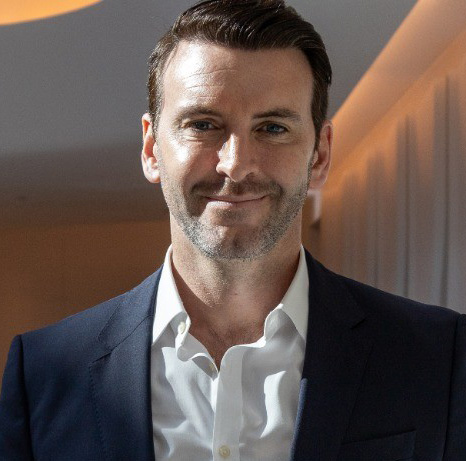From an outsider’s perspective, and having read with interest all the articles in BQ Issue 4 – The Hidden Costs of Bidding, the bidding world appears an exciting, tempting and sometimes exhilarating world to inhabit. Jon Williams puts it well, ‘we do incredible stuff, proposals are such fun’, whilst Nigel Hudson describes the ‘pure challenge’ and ‘high adrenaline’. However, the dark side of the bid process seems a bitter sweet place, including elements of stress, depression and divorce as witnessed by Emma Poole, to the psychotic breakdown Nigel so bravely recalls.
How is it then that some thrive in such an environment, some leave upon the realisation that it simply isn’t for them, whilst others push themselves to the limit and beyond, resulting in dire consequences? I have provided some points you might wish to consider when prioritising your own wellbeing.
Choose your focus
As the stress of a bid builds, an unhelpful habit we adopt is looking externally. We begin to develop an internal dialogue along the lines of “if only person x would do y” and “if the customer just…”. The trick is to recognise our focus shifting externally and very quickly bringing it back to what we can do in the current situation. This may sound simple, even obvious, yet we so often unconsciously slip into blame and resentment that only impacts us.
Set your boundaries
One piece of clarity you do possess in the bidding world is a very specific deadline, and whilst this looming deadline causes stress, this is due to the time constraint rather than the deadline itself. A deadline provides a practical boundary. Thus, establish your own boundaries. Usually they are interpersonal and include our expectations of others, making clear where our responsibility begins and ends.
“Define your boundaries, consistently instil them in your day to day, promoting an accountable culture of transparency and clarity. It starts with you”.
Gain some perspective
As an evolutionary response to danger, we block out unnecessary stimuli that could distract us and focus solely on the goal at hand. In modern times, it means we begin to forget the people around us, the life outside the office, past bids long gone and future bids still to come. As Andy Haigh rightly points out “in 6 months…you won’t remember why you were so worried at the time”. This won’t result in apathy, becoming irresponsible or not holding yourself to account, but it will break your threat focus, free up some cognitive load and allow your mind to refresh its sense of clarity, innovation and application.
The process is as important as the outcome
Recognising day to day achievements and progress, valuing and engaging in the relationships we have, and learning new information and insights results in daily reward and subsequently increases wellbeing. Andy suggested we should learn to chunk. Not only does chunking make a large, seemingly ambiguous bid more palatable, it also provides a daily sense of achievement. If the bid is successful, we recognise our effort and are rewarded further, strengthening our resolve for the next one.
Focus on what effort you commit and the small achievements you make day to day. The outcome will be what it will be.
Learn to be present, learn to do
Procrastination is the enemy of success. In a bidding environment where deadlines are tight, and we are time poor, putting things off can be disastrous for all. Unconsciously when we procrastinate, we usually assume the following: The task is too hard, it won’t be good enough, or I have time later. In reality these assumptions are likely untrue, our brain is merely throwing up barriers in a veiled attempt at saving energy.
Pick the right time and get started. No need to overthink it anymore.
What can we do as a team?
Start with a charter
Some teams will develop a healthy culture organically, don’t leave it to chance. Make it explicit and clear, the trust will build.
Promote radical candour and transparency
Speak openly, speak honestly, and develop a culture of transparency. Anything left unsaid is detrimental. Openness results in responsibility and results.
Nurture a growth mindset
See mistakes as opportunities to learn, make this explicit to the team and encourage them to keep striving forward.
Be flexible where you can
Establish a transparent and explicit psychological contract with your team, then abide by those rules.
This article was written by Rob Stewart.
